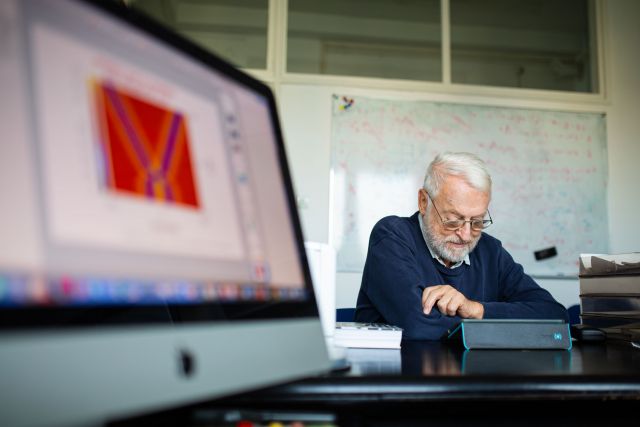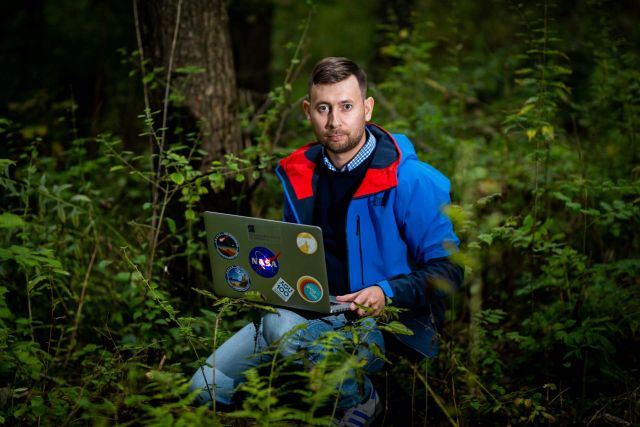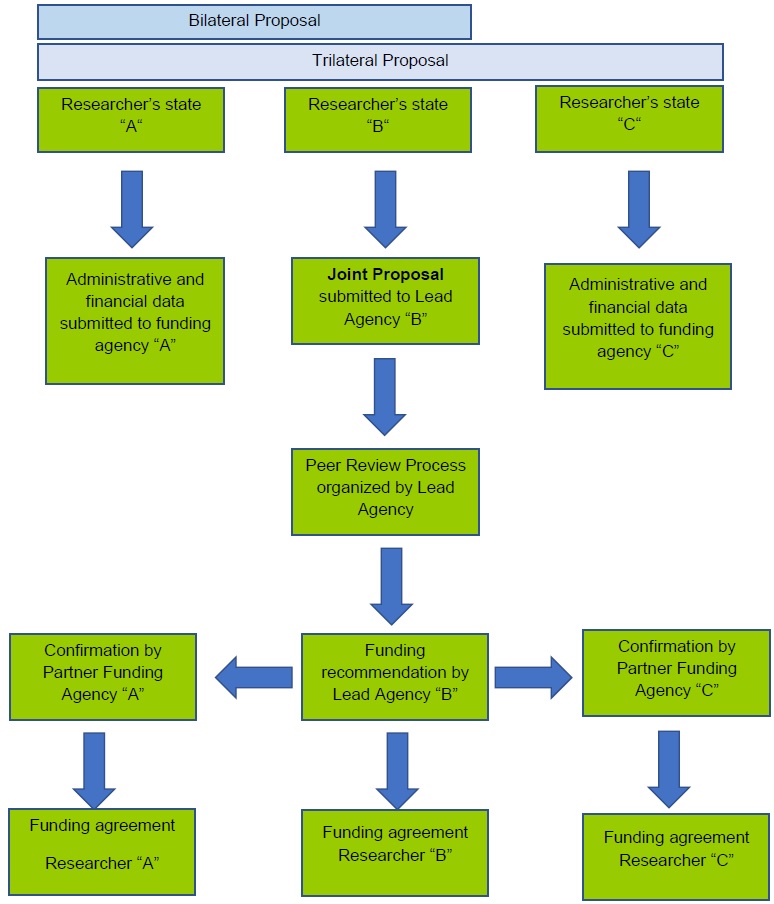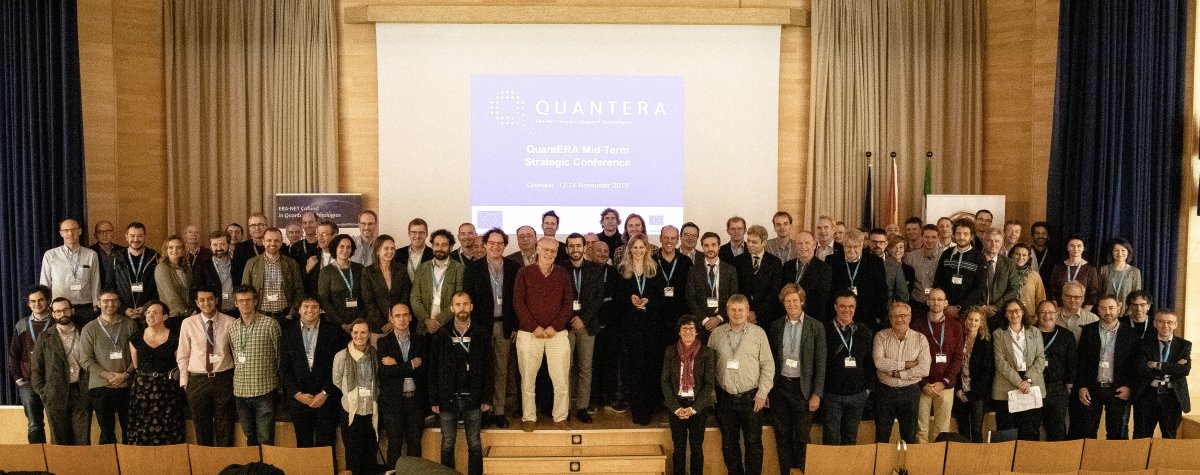National Science Centre announces SONATINA 4 and ETIUDA 8 calls
This is already the fourth edition of SONATINA and the eighth of ETIUDA. Polish researchers are invited to vie for funding for research projects and doctoral scholarships. The total budget of the two calls is PLN 30 million.
SONATINA 4 is targeted at applicants who have earned their PhD within 3 years prior to the proposal submission year or will be awarded a PhD degree by the end of June 2020. The purpose of the call is to enable young researchers to find employment and conduct research at Polish research institutions. The conditions of the grant stipulate that the principal investigator must be employed at the host institution based on a full-time employment contract for the whole duration of the project. A new condition introduced in fourth edition of the call specifies that employment must be planned for the principal investigator, in another institution than the one from which the principal investigator has earned a PhD degree. SONATINA 4 also gives young researchers an opportunity to gain experience through fellowships in foreign research institutions. Projects may take either 24 or 36 months to complete, while foreign fellowships may last from 3 to 6 months. SONATINA 4 researchers will each receive from 6 to more than PLN 18,000 per month to cover their living expenses in the country of the fellowship, and up to PLN 10,000 toward travel costs. The total budget of the call equals PLN 20 million.
ETIUDA 8 is targeted at applicants at the outset of their research career, i.e. doctoral school students or individuals who have initiated PhD dissertation proceedings at a Polish research institution authorized to award PhD degrees. Young researchers are eligible to receive scholarships of PLN 5,000 per month over a period of 6 to 12 months. Not unlike in the SONATINA scheme, ETIUDA funding can be used to finance a 3- to 6-month fellowship at a foreign research institution, which can be completed during the period in which the scholarship is collected or within a year from its end. The amount awarded to cover foreign living expenses can be from PLN 6,000 to PLN 18,000 per month, over and above PLN 10,000 for travel expenses.
ETIUDA 8 researchers must earn their PhD degree within 12 months of the scholarship end date and not earlier than 6 months from the scholarship start date. The funding of the doctoral scholarship will start on 1 October 2020 and the total budget of ETIUDA 8 equals PLN 10 million.
The calls we announced today are designed to help young people make their first steps in the world of research and support them in gaining experience in different, especially international, research environments The ETIUDA and SONATINA calls offer competitive salaries and scholarships. We have introduced several changes compared to previous editions so as to round out the offer available to young researchers in doctoral schools. To do so, we opened the call to those doctoral school students who have not yet initiated their official PhD dissertation proceedings, emphasizes Zbigniew Błocki, NCN Director.
Proposals under calls announced by the National Science Centre may be submitted via the ZSUN/OSF system (https://osf.opi.org.pl) until 16 March 2020 at 4 p.m.
Proposals will be reviewed in two stages by NCN Expert Teams consisting of outstanding researchers specialized in the discipline at hand, supported by external, sometimes international, experts.
The results of SONATINA 4 and ETIUDA 8 will be announced in the autumn of 2020 at the latest.







